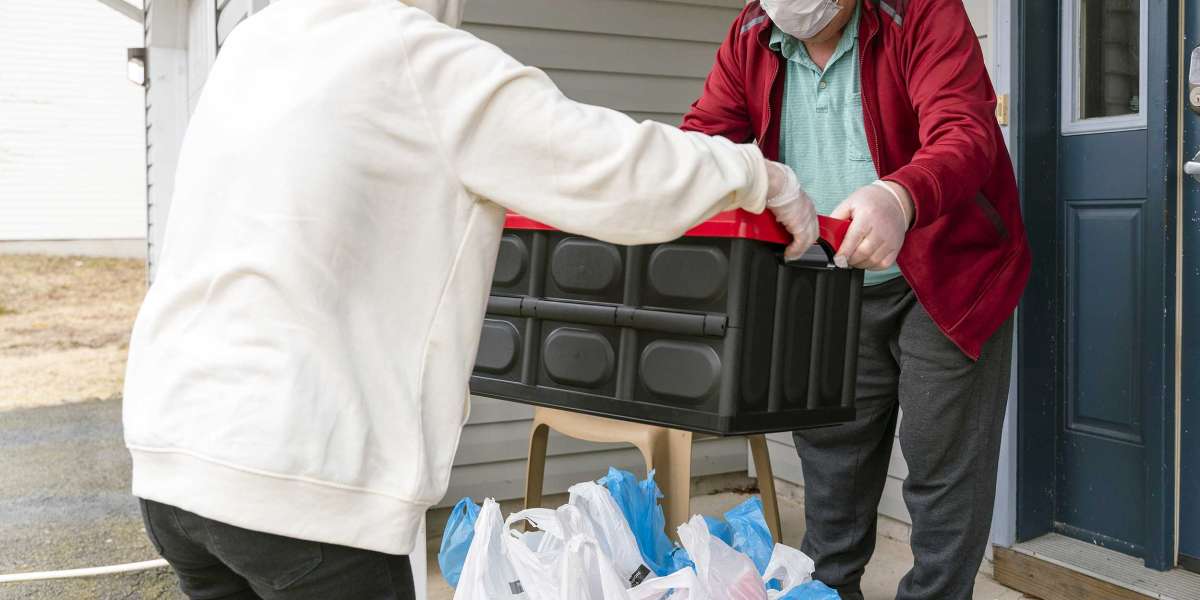As people become older, admitting that they require assistance—and accepting that assistance—can be difficult. So, how will you know when your elderly parent requires home care assistance? One thing is certain: Mom and Dad aren't going to be the ones to inform you about the situation!
Older adults have a great desire to maintain their independence as well as control over their own lives for the longest period of time possible. Typically, older adults will downplay or disguise any problems they are having until they are involved in an accident or suffer a dramatic drop in their health, at which point it becomes clear that they require assistance. Because adult children are frequently unable to participate in care decisions prior to a crisis occurring, the additional stress of an unexpected hospitalization or fall only serves to confuse matters further.
Keeping an eye on your parents' physical and mental capacities on a frequent basis (preferably in person), supporting adequate legal and financial planning, and researching long-term care choices are all ways to prevent being taken off guard. This will guarantee that you are prepared in the event that Mom or Dad begins to exhibit signs of needing assistance.
Signs that a senior needs assistance at home
Keep an eye out for these typical signs that an older adult may require additional assistance at home or a higher level of care.
Performance of Activities of Daily Living is a challenge.
Taking a bath and grooming
Dressing
Toileting
Continence
Walking and transferring are two activities (e.g., moving from the bed to a chair)
Eating
Alterations to one's physical function and appearance
Weight loss is noticeable as a result of a poor diet, difficulties preparing, eating, and shopping for food, among other factors.
dressing inadequately for the season/weather because to dressing issues wearing filthy clothing
As a result of infrequent showering or bathing, poor personal hygiene and unpleasant body odor have developed.
A visible reduction in grooming practices and personal care can be indicated by uncut hair, untrimmed nails, or poor dental hygiene.
Fall-related injuries or changes in mobility are indicated by bruises, cuts, or other signs on the body.
A senior who has noticeable burns on his or her skin may be having difficulty cooking.
Modifications in behavior and mental health
Inability to be motivated or driven
Loss of interest in previously enjoyed hobbies and activities
Having difficulty keeping track of the passage of time
Refusal to return phone calls from friends and family
Changes in mood or significant mood swings are not uncommon.
Anxiety levels have risen.
Behaviors that are verbally or physically aggressive
Modifications in sleep patterns (e.g., insomnia or sleeping all day)
Neglecting one's responsibilities as a householder
Inability to accomplish instrumental ADLs on one's own without assistance
Changes in the cleanliness and organization of one's home
Extreme clutter or evidence of hoarding are both prohibited.
Overflowing piles of unopened mail, unpaid invoices, or returned check fees
Unpaid bills, phone calls from debt collectors, or utilities being turned off are all possibilities.
Food that has been spoiled but has not been thrown away
There is a scarcity of fresh, nutritious food or a general shortage of food.
Furniture or carpet that has been stained or soaked
An odor of urine throughout the house, which could imply incontinence.
Cookware or appliances that have obvious burn marks on them may have been used when food was being cooked or reheated while someone was not around.
Landscape neglect, snow removal neglect, and rubbish collection neglect are all examples of failure to maintain exterior environments.
Signs that you are driving dangerously (e.g., automobile dents and scratches)
Prescriptions that have not been filled
Affective changes in Cognition, Memory, and Decision-making
Forgetfulness is a condition that occurs when a person does not remember anything (e.g., forgetting to take medications or taking incorrect dosages, missing appointments, misplacing items)
Confusion has increased.
Loss of analytical and logical abilities
Poor decision-making on a regular basis (e.g., falling for scams or sales pitches, giving away money)
Having difficulty carrying out routine chores
When walking or driving, I frequently become disoriented.
Patterns of speech that are repeated
Impaired capacity to construct whole sentences
Inability to locate words on a screen
Changes in one's personality or way of acting
Personal hygiene issues, as well as wearing the same clothes over and over, are major concerns.
Inability to recollect the names of well-known individuals or objects
The Benefits of Hiring Home Care for Aging Parents
The next step is to talk with your parents about their changing abilities and care requirements if you believe they are exhibiting any of the warning indicators listed below: It's better to talk about the future with aging parents as soon as possible rather than later in order to guarantee that everyone is on the same page and that there are no surprises. Make an effort to approach the issue with respect, so that they feel comfortable participating in the identification of the root problem(s) and the development of possible solutions.
Keep in mind that these warning signs do not necessarily indicate that a move to an assisted living facility or a nursing home is necessary. However, the fact that they are present indicates that some type of daily supporting care is required. Many families find that employing home help helps their elderly members to remain in the comfort of their own homes for as long as is reasonably practicable. Make use of the information in the following guidance as a starting point to assist you in making educated and confident decisions when selecting in-home care.



